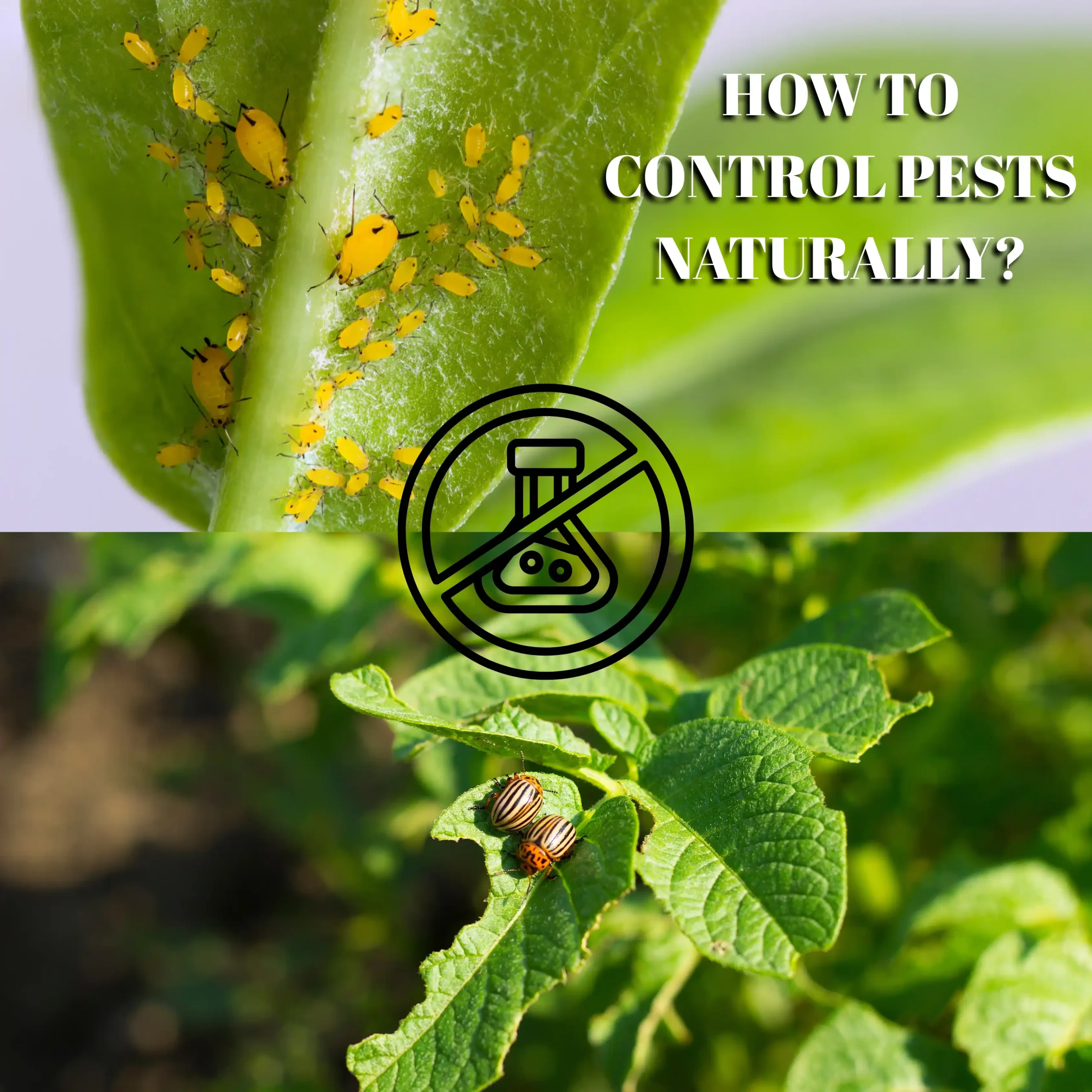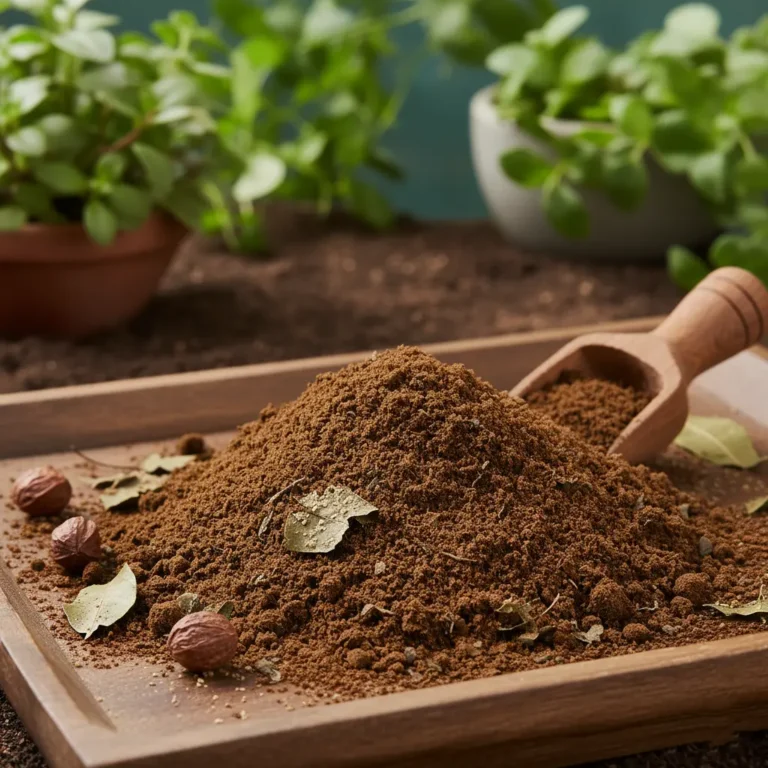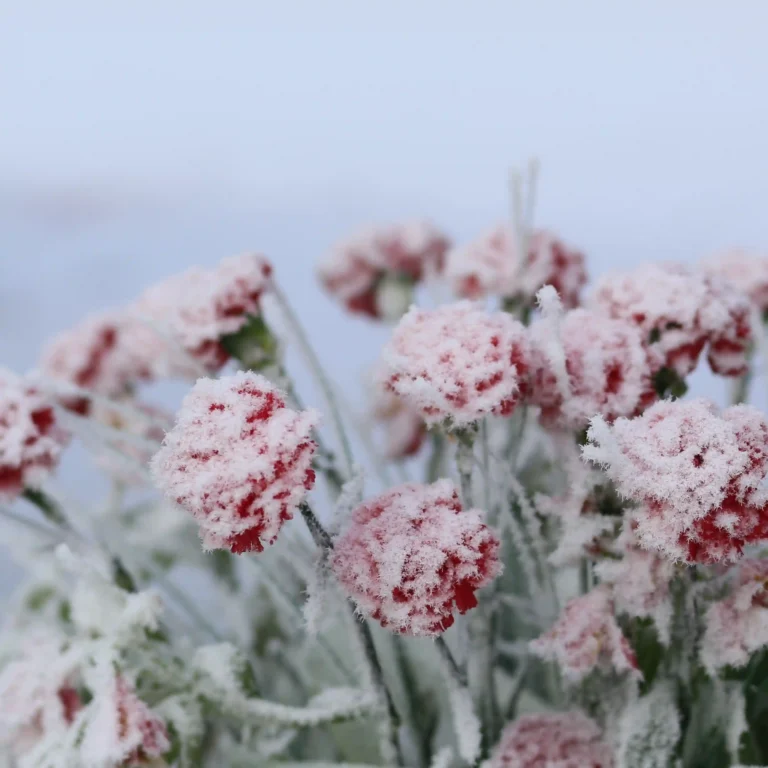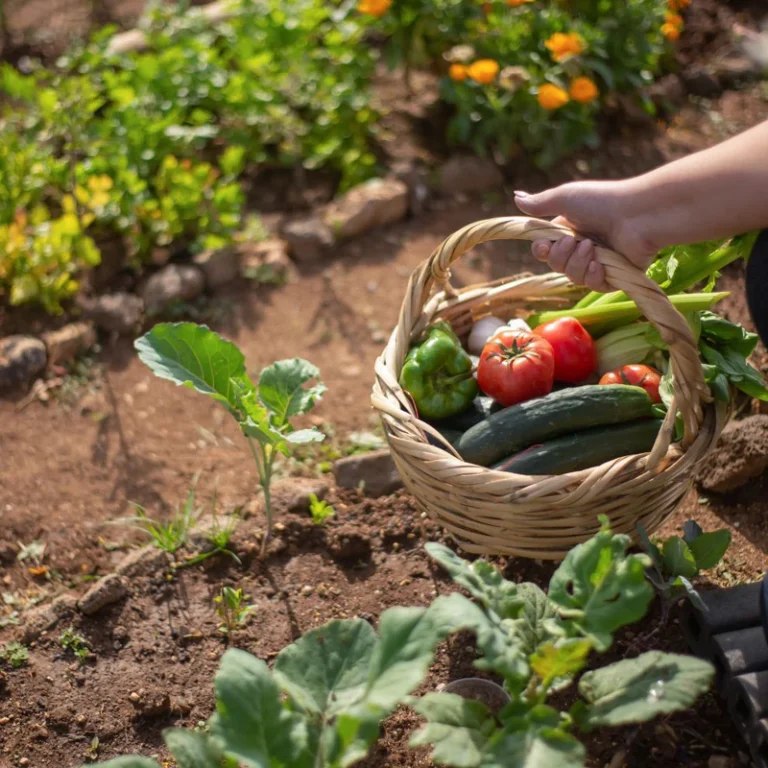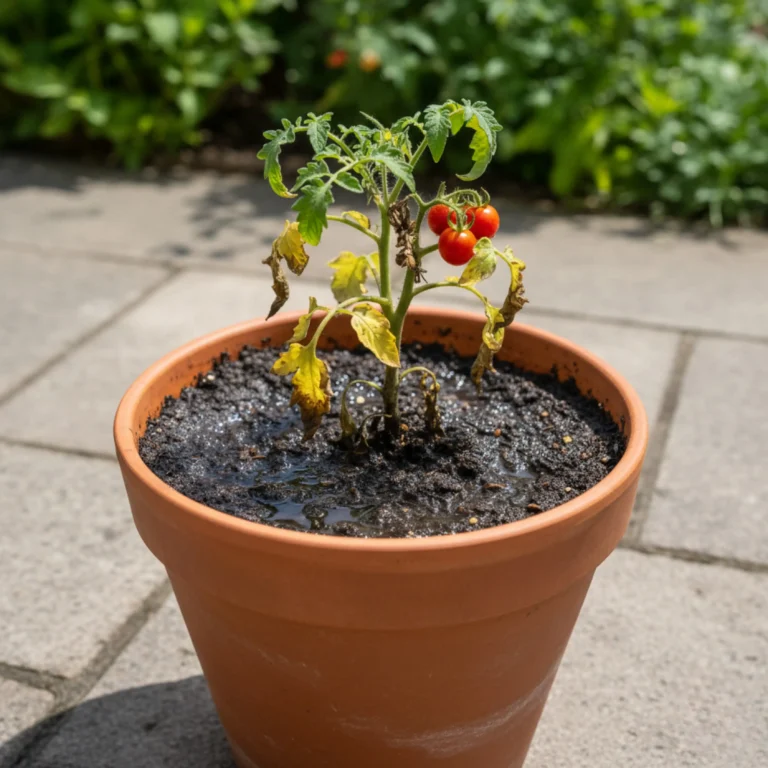How to Naturally Control Garden Pests Without Chemicals
Every gardener dreams of seeing their plants healthy, lush, and full of life. But just when everything starts to look perfect, tiny uninvited guests—aphids, mealybugs, and caterpillars—decide to join the party. 🐛
While it might be tempting to grab a chemical pesticide and spray away the problem, doing so often harms more than it helps. Chemical sprays can destroy beneficial insects, harm the soil’s natural balance, and even affect your health if you’re growing edibles.
So, what’s the alternative?
The good news is: you can control garden pests naturally and effectively without using harsh chemicals. Let’s see how!
🌿 1. Understand the Real Problem First
Not every insect in your garden is a pest. Many are actually your plant’s best friends! Ladybugs, spiders, and earthworms help keep the ecosystem balanced.
Before using any solution, observe your plants:
Are the leaves curling or turning yellow?
Do you see tiny webs or white powdery spots?
Are pests visible on the underside of leaves?
Identifying the pest type helps you apply the right remedy. For example, neem works best for sucking pests like aphids and mealybugs, while soap sprays work better for soft-bodied insects.
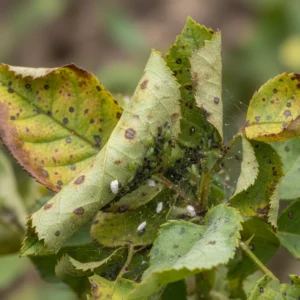
🍃 2. Neem: Nature’s Best Pest Controller
If there’s one ingredient every organic gardener swears by, it’s neem. Derived from the seeds of the neem tree, it acts as an insect repellent, antifungal agent, and soil protector — all in one.
 How Neem Works:
How Neem Works:
Neem doesn’t kill pests instantly like chemicals. Instead, it disrupts their feeding and breeding cycles, ensuring long-term control.
 Ways to Use Neem in Your Garden:
Ways to Use Neem in Your Garden:
-
Neem Oil Spray:
Mix 5 ml neem oil with 1 liter of water and a few drops of liquid soap. Spray it on both sides of the leaves every 7–10 days. -
Neem Khal (Neem Cake Powder):
Neem khal is the solid form of neem seeds after oil extraction. When mixed in soil, it slowly releases nutrients and repels soil-borne insects, nematodes, and fungi.

🌼 3. Encourage Beneficial Insects
Nature already provides solutions to balance pest populations — you just need to invite them.
🐞 Good insects to attract:
Ladybugs – Eat aphids and whiteflies
Lacewings – Feed on mealybugs and mites
Bees & Butterflies – Help with pollination
🌸 How to Attract Them:
Grow flowering plants like marigold, calendula, cosmos, and coriander near your garden. These not only look beautiful but also draw pollinators and pest predators.
🌾 4. Homemade Natural Sprays
You can make simple, effective pest sprays using kitchen ingredients:
🌿 Garlic & Chili Spray:
10 cloves of garlic
2 green chilies
1 liter of water
Blend and strain, then spray on plants once a week.
This works great against aphids, mites, and caterpillars.
🌿 Soap Spray:
Mix 1 teaspoon of mild liquid soap in 1 liter of water.
It suffocates soft-bodied insects like mealybugs and whiteflies.
🌿 Curd Spray:
Mix curd with water in a 1:5 ratio. It helps prevent fungal infections naturally.
These DIY solutions are safe, affordable, and eco-friendly.
 5. Healthy Soil = Pest-Free Plants
5. Healthy Soil = Pest-Free Plants
Pests often attack weak plants — and weak plants come from weak soil.
That’s why the foundation of pest resistance lies in healthy soil management.
Mix organic fertilizers like:
Neem Khali – keeps pests and nematodes away
Mustard Cake (Sarso Khali) – strengthens plants with natural nutrients
Vermicompost – boosts microbial life and overall soil health

🌸 6. Companion Planting – Nature’s Secret Strategy
Certain plants protect others naturally when planted together.
For example:
Marigold repels nematodes and aphids.
Basil keeps mosquitoes and flies away.
Mint deters ants and whiteflies.
Planting smart combinations not only saves you from pest trouble but also adds fragrance and beauty to your terrace garden.

